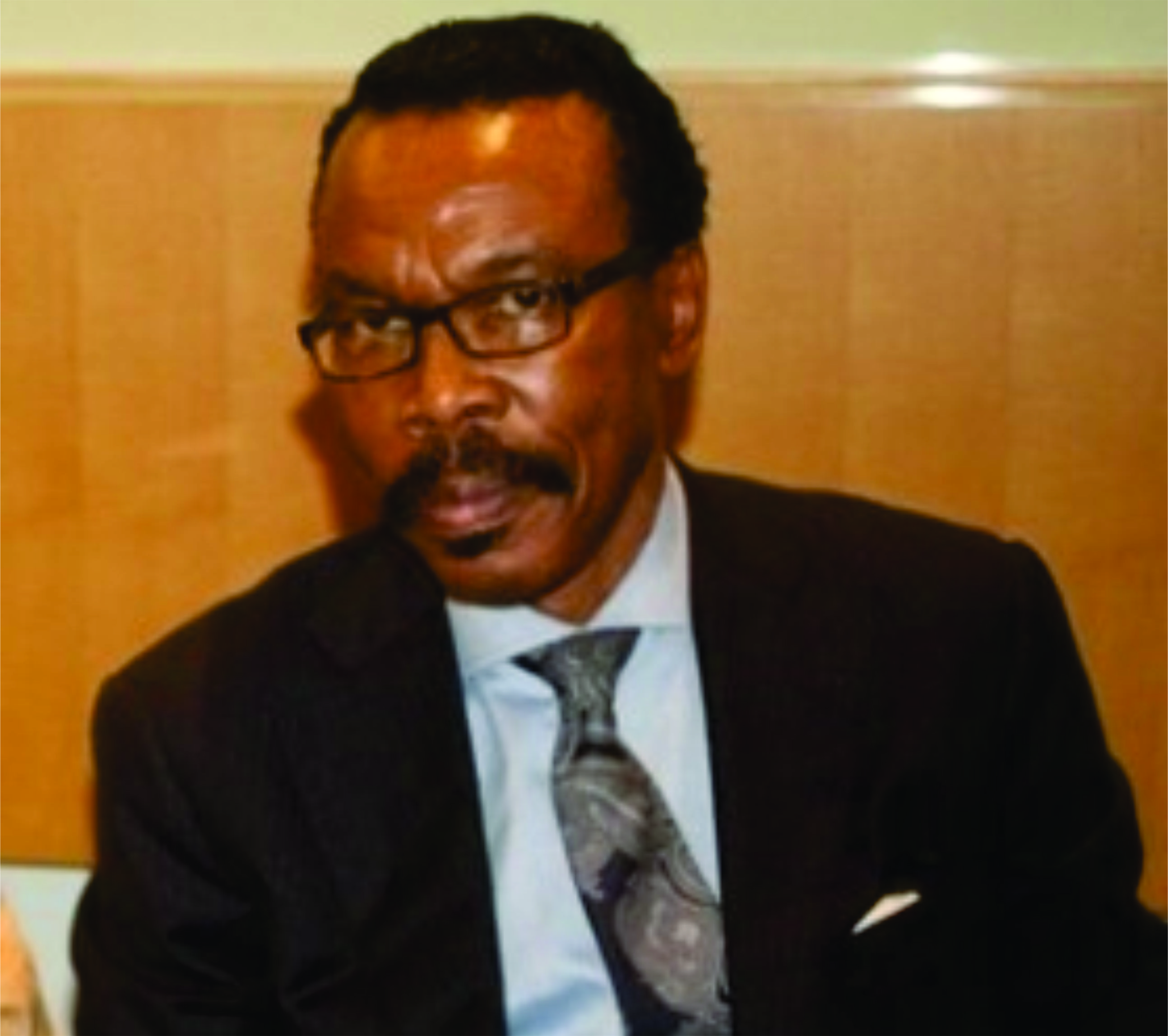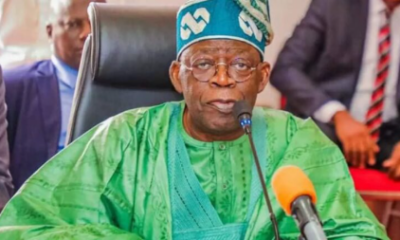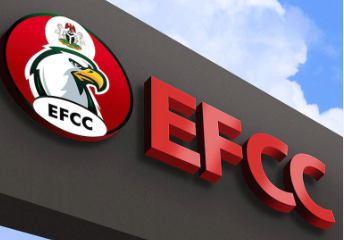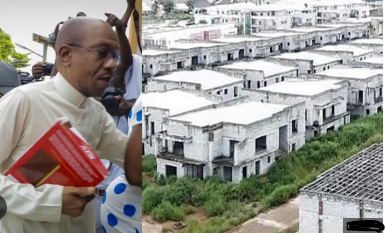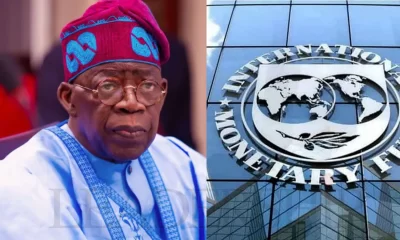…as Saraki insists CBN forex policy irreversible
By Odunewu Segun
A financial expert and Managing Director of Financial Derivatives Ltd, Bismarck Rewane, has said having a flexible exchange rate would lead to significant adjustment to the official rate of N220-240 to one dollar.
Rewane expressed this opinion at the 3rd Economic outlook Summit organized by the Network Business Club of the Redeemed Christian Church of God, City of David Parish, Victorial Island, at the weekend.
Rewane lamented that the Federal Government is doing too little and too late. “I foresee evaluation as the way forward because 2016 is going to be a very tough year. I can only urge Nigerians to re-adjust their spending habit to get along in 2016,” the economist said.
ALSO SEE: NATCOM says new NITEL employ 10,000 Nigerians
Also speaking at the forum, a former Deputy Governor of Central Bank of Nigeria and Chairman of the Net-Work Business Club, Dr. Ernest Ebi, stated: “What is happening presently is a global issue and not peculiar to Nigeria. China’s economy plummeted from 11% double digit to about 7%. It’s worrisome to the whole world because of the huge impacts on commodity prices. Whatever is affecting the world will definitely affect Nigeria. It is left for us to have our own home-grown approach on how to deal with it.
Meanwhile, in another development, the Senate President, Senator Bukola Saraki, on Saturday, ruled out the possibility of reversing the policy of the Central Bank of Nigeria, which excludes some imported goods and services from the list of items that can benefit from the Nigerian Foreign Exchange Market.
Saraki, according to a statement by his Chief Press Secretary, Mr. Sanni Onogu, stated this while hosting the Tomato Sub-Sectoral Group of the Manufacturers Association of Nigeria, whose members visited him.
ALSO SEE: Dasuki not a fugitive, Counsel tells DSS
The tomato paste producers had sought Saraki’s intervention to lift the exemption by the CBN on certain imported goods. But Saraki said based on the present economic realities, difficult decisions should be taken to overcome the challenges.
“It is high time we started telling ourselves the home truth as a nation. We are where we are because of our refusal to take hard decisions. We have to chart a new way different from the past, and that path is going into manufacturing as we cannot continue to remain an import dependent country.”

 Business1 week ago
Business1 week ago
 Football1 week ago
Football1 week ago
 Entertainment6 days ago
Entertainment6 days ago
 Latest1 week ago
Latest1 week ago
 Entertainment3 days ago
Entertainment3 days ago
 Latest1 week ago
Latest1 week ago
 Business1 week ago
Business1 week ago
 Comments and Issues6 days ago
Comments and Issues6 days ago
